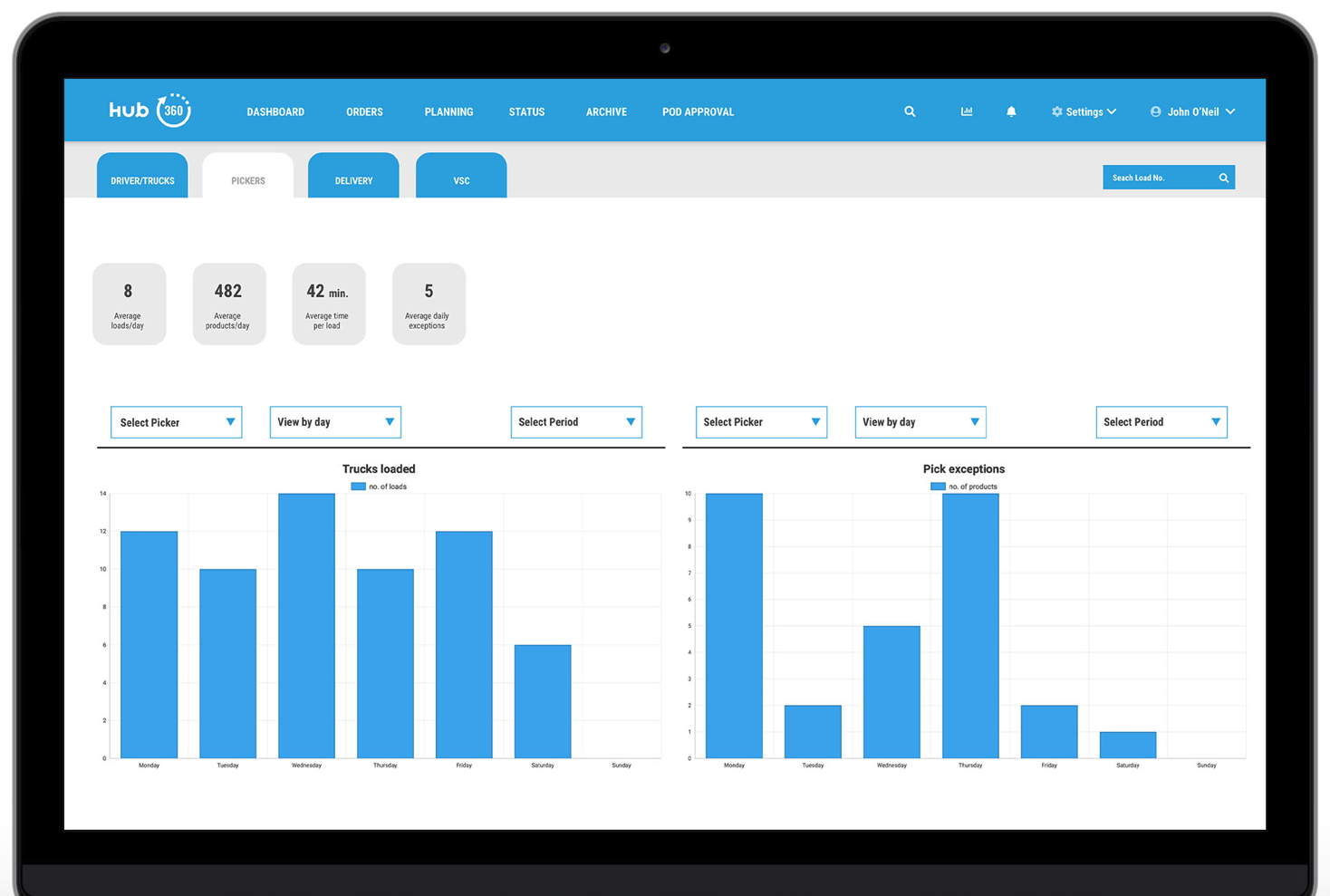Closing the Digital Divide: How Local Governments Are Expected to Lead by Example in the Construction Industry’s Shift to a Circular Economy
The concept of a circular economy—where resources are kept in use for as long as possible, extracting maximum value before recovering and regenerating products and materials at the end of their service life—is crucial for the construction industry. With construction and demolition activities accounting for a significant portion of global waste, the sector is at the forefront of the circular economy challenge. However, without the proper digital tools to track material flows, monitor waste streams, and ensure compliance with sustainability directives, achieving circular economy goals remains out of reach.
Ending Levy Exemptions for Construction Waste: The Key Role of Hub360 in Real-Time Tracking
Starting 1 September 2024, Ireland will see a significant change in its waste management regulations. The Waste Recovery and Landfill Levy Regulations will be amended to remove exemptions for Construction and Demolition (C&D) waste. This blog delves into the implications of this change and highlights how Hub360's digital tracking capabilities will play a crucial role in this new landscape.
Navigating the Critical Raw Materials Act: The Importance of Reporting and How Hub360 Can Support Compliance
In May this year, the Critical Raw Materials Act (CRMA) came into effect in Ireland, marking a significant step forward in the EU’s efforts to secure a sustainable and reliable supply of critical raw materials. The Act is designed to help Europe achieve its 2030 climate and digital objectives by ensuring that these essential materials are sourced, used, and recycled in a sustainable and efficient manner.
New Construction Waste Levies: Why Digital Tracking with Hub360 is Essential
As of 1 September 2024, the Waste Recovery and Landfill Levy Regulations in Ireland will see a major shift. Levy exemptions for Construction and Demolition (C&D) waste will be removed, impacting how this waste is managed.
How to Ensure Compliance with Environmental Regulations with Hub360
Compliance with environmental regulations is a critical aspect of managing construction projects. Failure to meet these regulations could result in fines, legal issues, and damage to a company’s reputation. Hub360 offers a comprehensive solution to support your construction site staying compliant with environmental regulations. In this blog post, we will explore how Hub360 contributes to your compliance oversight, while also enhancing your overall site management.
5 Ways to Improve Construction Site Management with Hub360's Technology
Effective construction site management is essential for the success of any project. With numerous materials and waste to handle, keeping track of everything can be challenging. Hub360 offers innovative technology designed to streamline these processes, ensuring efficiency, accuracy, and compliance. Here are five ways Hub360 can improve your construction site management.
Verifiable Data for Transparency and Accountability with Hub360
In the construction industry, transparency and accountability are crucial. Project owners need to know what materials have been used on-site and what materials and waste have gone off-site. They are responsible for ensuring these materials are disposed of or moved to their intended destinations. Hub360 provides a comprehensive solution with verifiable data, ensuring that all movements related to site operations are accurately documented and transparent for everyone involved. In this blog post, we'll explore how Hub360's verifiable data enhances transparency and accountability, transforming site management practices.
How Hub360 Contributes to Compliance with EFRAG Reporting Requirements
As the European Financial Reporting Advisory Group (EFRAG) tightens its guidelines for sustainability reporting, companies must adapt to these comprehensive standards. Hub360 is a powerful tool that aids organizations in meeting these requirements by efficiently collecting, managing, and reporting relevant data. Here’s a detailed look at the data points from the draft EFRAG list where Hub360 contributes significantly.
Uniting the Construction Sector: Hub360's Vision for a Circular Economy
In the face of escalating environmental concerns and the urgent need to transition towards sustainable practices, the concept of a circular economy has emerged as a beacon of hope, particularly within the construction industry. Hub360, with its commitment to innovation and sustainability, stands at the forefront of this transformation. The approach taken by the Hub360 platform highlights a fundamental truth: achieving a circular economy in construction depends on a unified commitment to responsible material management and stringent oversight of resources.
Hub360 Transforming Road Planning & Site-Won Asphalt Management for Asphalt Producers
At the core of the Hub360 platform is its robust ability to meticulously track and document every significant detail of site-won asphalt material movements, enhancing compliance and operational oversight for road planning and RAP plant management.
7 Reasons to Shift Away from Paper-Based Material Management in the Construction Sector
Paper-based systems are inherently prone to human error. Misplaced orders, lost documents, and data entry errors can significantly impact project timelines and budgets. Digital material management systems, however, offer real-time data entry and retrieval, reducing errors and increasing accuracy. For example, using smart tech waste materials can be tracked accurately from site pick up to waste facility. This not only minimises the risk of issues but also streamlines operations, making the management and audit process 100's more efficient.
How Hub360 Supports Accurate Scope 3 Emission Measurements in the Construction Industry
The construction industry faces significant challenges in managing Scope 3 emissions, which include all indirect emissions (both upstream and downstream) that occur in the value chain of the reporting company, excluding scope 2 emissions. These can be emissions associated with the transportation of materials, waste disposal, and even the use of sold products. Understanding and controlling these emissions is not only critical for environmental sustainability but also increasingly for compliance with evolving regulations and standards.











